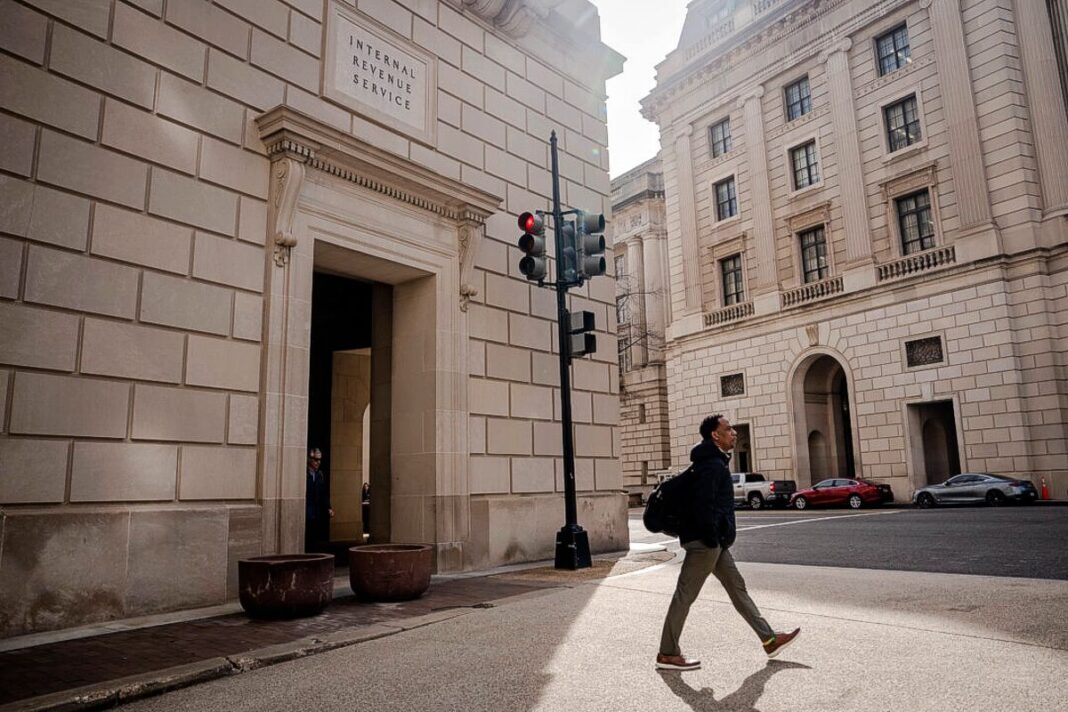This is the second time the Senate’s new rule on confirmations in bulk has been used.
Senate Republicans confirmed more than 100 people nominated by President Donald Trump to fill vacant government positions on Oct. 7.
Passing along party lines with a vote of 51–47, the confirmed appointees include more than two dozen ambassadors, as well as more than a dozen U.S. attorneys and several assistant secretaries for various departments such as the Treasury Department, Interior Department, Energy Department, and War Department (formally known as the Defense Department).
The appointments also included the reappointment of Paul Atkins as chairman of the Securities and Exchange Commission until 2031 and of Brittany Panuccio as a commissioner of the Equal Employment Opportunity Commission.
Panuccio’s appointment means that the workers’ rights agency now has a Republican majority and has re-established the necessary quorum to make major policy changes. Under the Trump administration, policy priorities will include a push to end any diversity, equity, and inclusion programs that have become discriminatory in nature, as well as a rollback of any protections based on gender identity instead of sex.
The commission’s acting chairwoman, Andrea Lucas, who was also confirmed for a second term as commissioner in July, already took steps to fulfill Trump’s executive orders regarding civil rights, such as investigating private institutions over diversity, equity, and inclusion programs.
The commission was founded by Congress in 1964 under the Civil Rights Act specifically to investigate employment discrimination in the private sector.
The third commissioner is Democrat Kalpana Kotagal.
The commission is supposed to have five commissioners, but Trump fired two of them before their terms were completed. One of those two, Jocelyn Samuels, has filed a lawsuit demanding to be reinstated. Senate Democrats said they would not confirm the president’s nominees for the commission unless he reversed the firing of those two Democratic commissioners. They said the move stripped the commission of its bipartisanship.
The large group of appointees was the second group to be confirmed all at once, following a group of nearly 50 nominees in mid-September. They were able to be confirmed all at once thanks to a rule change made by Senate Republicans, which allowed large groups of lower-level, non-judicial nominations to be voted on together, rather than one at a time, and passed by a simple majority vote. These new rules further diminish the filibuster used by the opposition party and fast-track the majority’s nominations.
“Before Senate Democrats shut down the federal government, they shut down the Senate floor—freezing the confirmation process,” Senate Majority Whip John Barrasso (R-Wyo.) said following the vote. “For months, their blockade created a growing backlog of qualified, bipartisan nominees. Tonight, Senate Republicans confirmed 107 of those qualified nominees and ended the Democrats’ confirmation blockade.”
The Associated Press contributed to this report.








